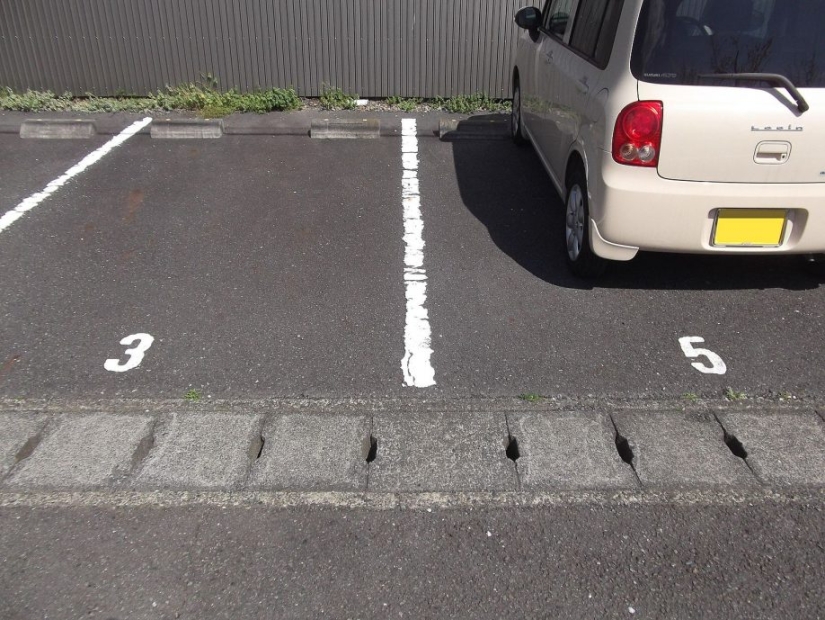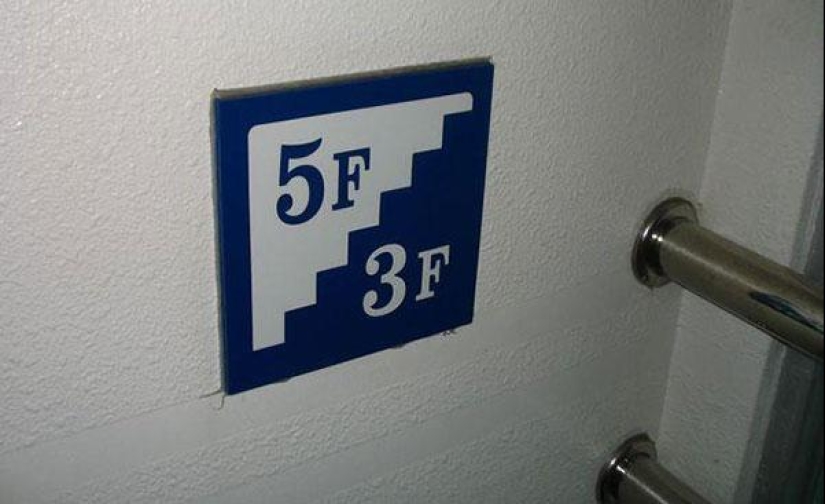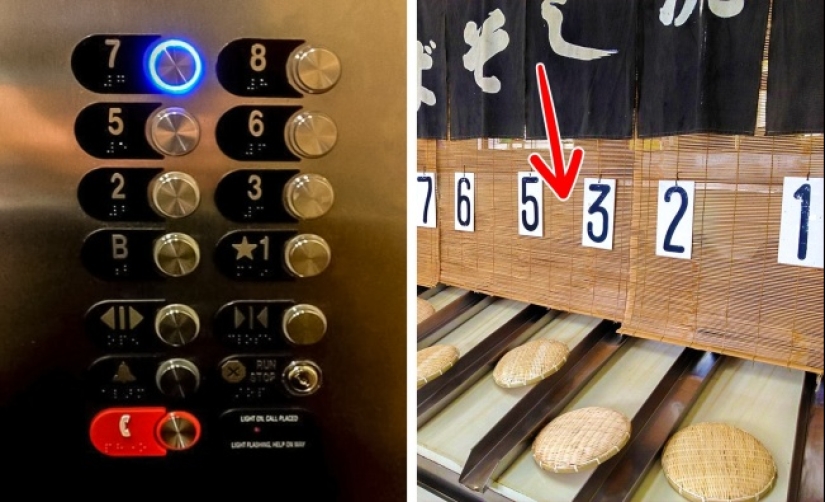Sign of death: why Asians fear of the number "4"
Categories: Asia | Culture | Nations | Society
By Pictolic https://pictolic.com/article/sign-of-death-why-asians-fear-of-the-number-4.htmlChina, Japan and Korea are the main economic and technological leaders of the world. However, this does not prevent the inhabitants of these countries to remain superstitious and believe in omens. The main fear of the Chinese, Japanese and Koreans the number 4, which they call a sign of death. The most seriously in China, where they believe in the magic of numbers and their influence on human life. This superstitious fear had even acquired a name: tetraphobia.

Translated from the Chinese "four" sounds like "death." The word differs only by the tone when spoken. The Chinese language is tonal with a limited number of permitted syllables, which leads to a large number of phonetic ambiguity. For example, the pronunciation of the number "94" it can be interpreted as something dead for a long time.

Parking in South Korea
From the Chinese-Han Chinese the word with a small changes migrated to Japanese, Korean, Vietnamese and other languages of Southeast Asia. In the daily life of Asians avoid the number 4 and try not to mention it. It is not pronounced near a sick relative and try not to give the four any subject.
In China it is believed that Beijing refused to host the Olympics in 2004 only due to the unlucky numbers, but game 2008 held in China. This is due to the fact that 8 in Chinese culture means good luck and happiness.
Examples of tetraphobia in the countries of the Asian region


Naval forces of the Republic of China (Taiwan) and South Korea try not to assign their ships, aircraft and missiles No. 4. The same attitude to Asians 14,24,34 and other numbers with "4" in its composition.

Guido Mista is a character from the manga Jojo's Bizarre Adventure, who suffers from tetraphobia
Fear of a Prime number is firmly entrenched in contemporary culture of China, Japan, Korea, and not a lot of villages and uneducated population. Today "numbers of death" is a part of urban folklore: they say in the movies, books and anime.
Keywords: China | Korea | Superstitions | Japan
Post News ArticleRecent articles

It's high time to admit that this whole hipster idea has gone too far. The concept has become so popular that even restaurants have ...

There is a perception that people only use 10% of their brain potential. But the heroes of our review, apparently, found a way to ...
Related articles

We are accustomed to the fact that on the packaging of tea, write "loose" and rarely think about what the word means. Meanwhile, ...

Human intervention in the affairs of nature is extremely rarely successful. Especially a lot of trouble was brought to the ...

The sea is still, you are a woman or a man, if you can hold in their hands an army of 70,000. Chinese Chin si could — she started ...

New Year's is a time to surprise and delight loved ones not only with gifts but also with a unique presentation of the holiday ...